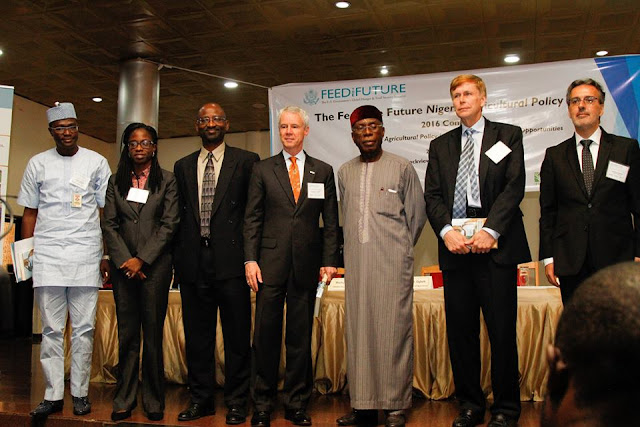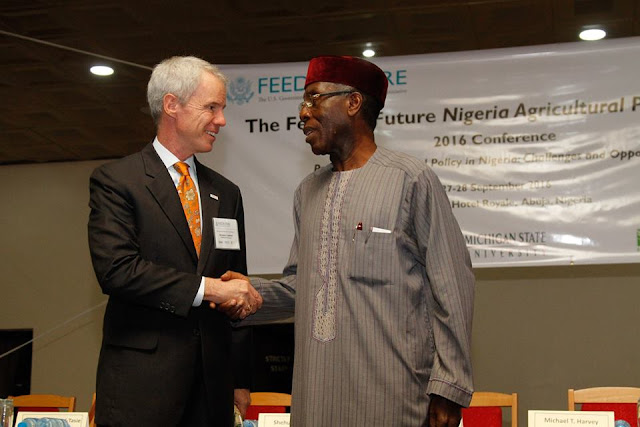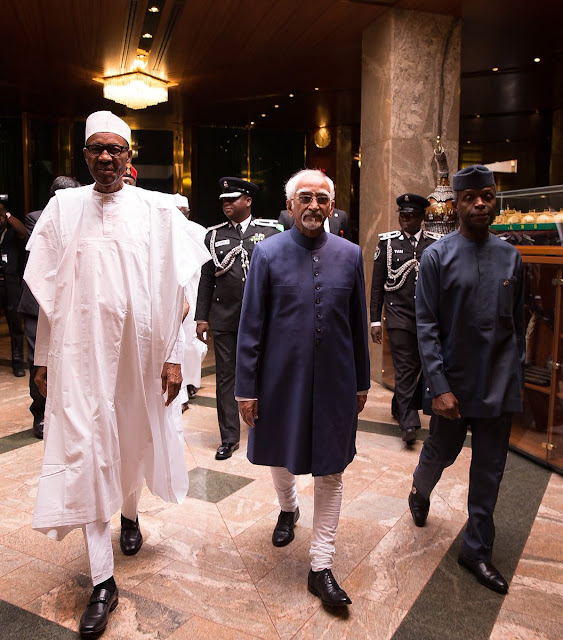
Bukola Meshida Adefope CEO The Pegasus Company
Lagos-based performance coach and entrepreneur, Bukola Meshida Adefope, Chief Executive Officer of The Pegasus Company, is a woman who knows what she wants in life and goes for it. Little wonder she is doing what she knows how to do best. She founded and operated a design and print production company for 17 years, set up a printing press in Somolu, the most active print zone in Lagos, and the reality of running the business, the challenges with workers, clients and managing herself within the context of her multiple roles, informed her embarking on a self-discovery journey, which enabled her to tap into her personal essence.
“This informed my setting up Optimal Performance Limited in 2012, to support other entrepreneurs to achieve the quantum results that I did. The journey so far has birthed my decision to align my several gifts in the areas of critical and creative reasoning from my study of Philosophy, with my Coach training, as well as my cumulative life experience, to set up The Pegasus Company, to fully and freely express these competencies, in fulfilment of my life purpose,” she said.
So, what is performance coaching all about?
A performance Coach is someone that cares that people create what they say they want from life, and they follow through on their goals. He/she listens to you completely, and tunes into the nuance of your voice, emotions and energy. The Coach not only listens to the words you say, but also to what is behind the words, as well as, the spaces between the words. Human communication is multifaceted, and problem solving requires clarity. The hallmark of a good coaching relationship is truthfulness and clarity, to get to the root of the problems. Only then can we find enduring solutions in life. Anyone that contacts a coach needs to get something done faster or with precision, and this can only be done with the guidance of a Coach.
“My major source of inspiration is my various life experiences, and the information to which I had access, when I had to make major life decisions. While researching, trying to find answers to many of my challenges, as an entrepreneur, and my other life roles, I came across an article that changed my life forever. The Top Five Regrets Of Dying. This article was the wake-up call for me, and my life took an upward turn with this singular realisation. The events that have taken place in my life ever since have been phenomenal,” Adefope explained.
According to her: “At this point in our existence, we need to break free from all the mental restrictions we have placed upon ourselves, as individuals and as a nation. And we must consciously allow ourselves the freedom to access and own our authentic selves to discover and express our God-given potentials to fulfil our predestined purpose, otherwise known as success.”
The beautiful lady described her growing up as interesting. She said: “Growing up in the company of five siblings, and being the second child and first daughter, was interesting. We lived on University of Ife (now Obafemi Awolowo University) campus, Nigeria’s most beautiful university campus. My parents parenting style was an optimal mix of liberalism and discipline. They taught us the way of the Lord, and gave us the liberty to live our lives, while guiding us. They set clear boundaries, communicated simply, clearly, and with lots of love. When we erred, we knew clearly we had a case to answer, and if we were to undergo caning, we were told what we did wrong, and why we would get three or six strokes of the cane, depending on the gravity of the offence. This taught me self-respect from an early age.
“If you didn’t want to be caned or spoken to like a fool, just do the right thing and all would be well. They taught us the art of taking responsibility for our actions. I am grateful to them for adopting this style. They allowed us freedom of thought and expression, and this has helped shape me a great deal. When I come in contact with children of authoritarian or overtly permissive parents, I cringe at the possible outcomes.”
Adefope continued excitedly, “I attended University of Ife Staff School, and enjoyed the arts. Classical Music was a staple form of entertainment at home. I listened to lots of G. F. Handel, Mozart, J. S. Bach, and the likes. My father is an Engineering Geologist, one of Nigeria’s finest violinists, and he sings so well. He had a Choral Group called Terra Choral Group, and they staged numerous concerts. I also sang in the Junior Choir for a few years before going off to boarding school. We watched movies like Hubert Ogunde’s ‘Aiye’, ‘Aropin n’ Teniyan’, and Patti Boulaye’s ‘Bisi Daughter of The River’ to mention a few, at the Oduduwa Hall.”
On how life is as the sister to Banke Meshida-Lawal, she smiled and said that her younger sister has proved her mettle in makeup artistry and she is proud of what she has become.
“Banke Meshida Lawal, fondly called Bankie Joe by me, is one of the most beautiful individuals God created. She’s such a blessing to this generation. She is an embodiment of grace and beauty, not just textural, but also internally. Relating with her is always interesting. There is never a dull moment with her.”
Her role models are Anthony Robbins and Deepak Chopra.
“Anthony Robbins is an extraordinary man. He is a blessing to this world, and he represents all I want from life. He just inspires me to awaken the giant within me, and this giant is wide-awake now, ready to take on the world. Deepak Chopra is also someone I admire so much. I have read all his books and one thing that cuts across his message to the world, is the message of love, compassion, empathy and spirituality. He inspires me to see myself as a spiritual being, and access my soul’s ability to transcend the weight of earthly burdens and rise above the many concerns of humanity.”
She said she recently launched her Personal Development Audio series, which is her signature product.
“The Pegasus brand encourages and supports individuals to tap into their authentic selves by embarking on the all important self-discovery journey, to freely express their gifts to the world, to make a positive change, living a life of meaning and purpose. I call on entrepreneurs to create time for the all-important journey of self-discovery, as it is the bedrock of living purposefully.”
What is a normal working day like for Adefope?
I wake up at 5.30 am every day. I write in the morning, create my presentations, sort out my creative writing duties, during children’s holiday period. Now that my seven-year-old has resumed school, I wake up a little earlier, say my prayers, and supervise the cooking of her breakfast and lunch before she leaves for school at 7.30am. It is a walking distance from the house, and that has taken away the burden of long commuting to a school that was far away from the house. I work from home, and only go out when necessary. I attend meetings, and other business or social engagements. On a regular day, I close at 6pm. On very busy days, I work round the clock, until the goal is accomplished.
Talking about her fashion sense, she said that fashion for her, is self-expression. The way one dresses is a reflection of what’s happening inside. “My core fashion values are simplicity, comfort, functionality and elegance. I am a classic minimal fashion personality, a sign of grace and tasteful style and I dress conservatively. Clean, straight lines dominate my closet. I prefer to keep my outfit timeless and business-like. I’m not into loud, faddish trends.”
Adefope is a University of Lagos graduate of Philosophy. She holds a DISC Personality Profiling Certificate, also a certificate in Entrepreneurial Management (EDC) of Pan Atlantic University, Poise Nigeria Elocution and Public Speaking, and several personal development courses. She is blessed with three children.
http://guardian.ng/guardian-woman/entrepreneurs-should-create-time-for-self-discovery/






















































